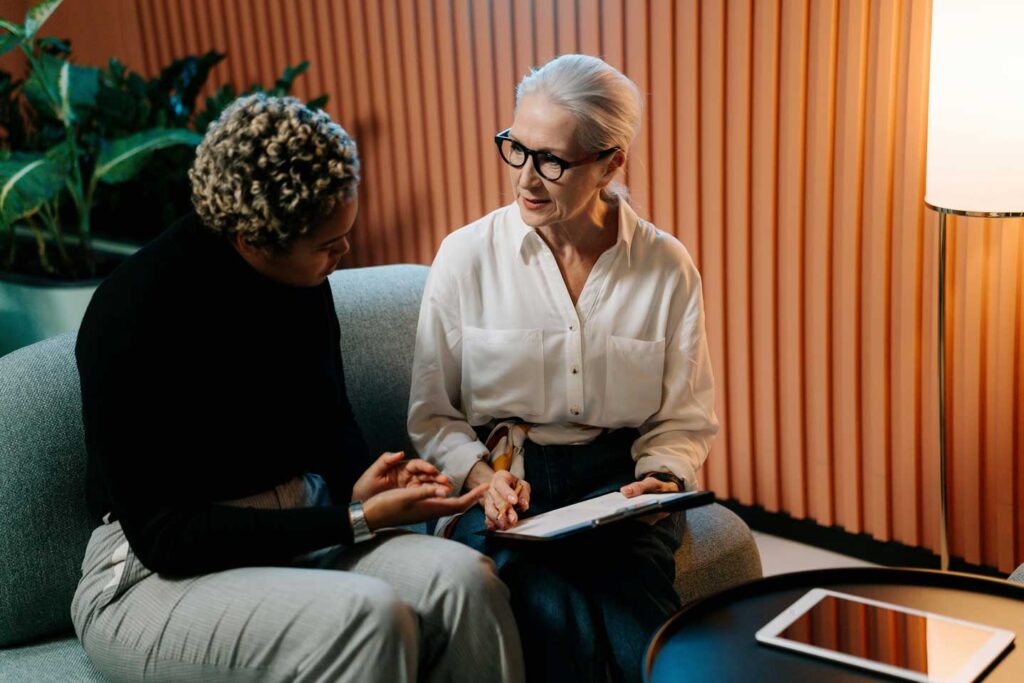I knew from my grade school days that I wanted to be a doctor.
Why? I’m not sure. My dad was a well-respected dentist, and I was often asked why I wouldn’t want to join his practice—a natural transition and ready-made position. But my interests just didn’t lie there.
Likewise, whether it was about my personal experience in visiting the doctor’s office or not is unclear. I didn’t have bad experiences, but no “a-ha” moments either. I just knew I wanted to be a doctor.
In my teen years, I worked at various common laborer jobs to make spending money and pay for my education. I remember thinking then how great it would be to be a doctor. How much better could life be than to come home every night knowing you had helped out your community, done something worthwhile, and made an honest living? On top of that, by virtue of a doctor’s education, to be considered a leader in the community and a voice of knowledge with a good reputation seemed a worthy aspiration.
The pathway to becoming a doctor was every bit as difficult as advertised. Not so much that most couldn’t do it, but more in the sense that without the will and the drive to persevere and practice delayed gratification to the extreme, one would not succeed. The greatest difficulty, however, was realizing that the practice of medicine and the environment I was walking into were not anything like I had imagined them to be.
By the time I graduated from residency in 1993 and began to practice as a hospitalist, only the remnants of anything I remembered when following older doctors around the hospital were left. Gone was the culture of respect for the physician as the final word in patient care. Other allied health professionals had no difficulty in bluntly telling me what they thought about the care being rendered and how they would do things differently.
Gone, too, was the trust that, in the past, had flowed from the majority of patients toward the doctor caring for them—just because the doctor carried that title. Instead, there seemed to be a mistrust of almost everything involving the health care industry—big pharma, hospital billing cycles, the general cost of care, etc. At the same time, it was easy to blame the doctor for all the problems that a patient or family experienced in the acute care setting. After all, wasn’t the doctor the captain of the ship? At least the patient still believed that.
Then COVID-19 hit. If I thought it was difficult to function in my role prior to COVID-19, nothing topped the stress of dealing with the greater health care community and the increased patient load than trying to function during the greatest pandemic of my lifetime. What truly made it even more difficult was trying to deal with a pandemic plagued by politics. All of the problems that I felt were stressful or annoying prior to COVID were only amplified 100-fold during the pandemic.
Now that the pandemic seems to be slowing, some time for reflection is appropriate. Things are not the same in health care on this side of the pandemic. When major catastrophes strike, many things are irrevocably changed. For me, I found myself asking why I was still practicing medicine. I think the answer to that question is one thing that hasn’t changed: No matter how exhausted or mentally depleted I feel at the end of the day, it’s still rewarding to know that I helped out my community, made a difference, and supported my family. And I’ve learned over the years that what truly keeps me going is the odd patient that expresses gratitude that I was there and that I helped them feel better. That is what keeps me going.
As National Doctor’s Day arrives, I realize that another part of what kept me fighting through the pandemic was my physician colleagues who led the way. When something out of the ordinary occurs, one is often not sure how to act or what to do—you are in a strange territory, without the benefit of precedent to fall back on. To my colleagues all across the nation who led the way, let me say thank you for not giving up. Thank you for persevering through the storm with grace and a steady demeanor. Thank you for remembering what true science is and how to apply it in a loving and kind way to your patients and your community.
And don’t forget: No matter who says what to you, you are still respected for the knowledge and skills you alone can provide to the health care of our nation.





